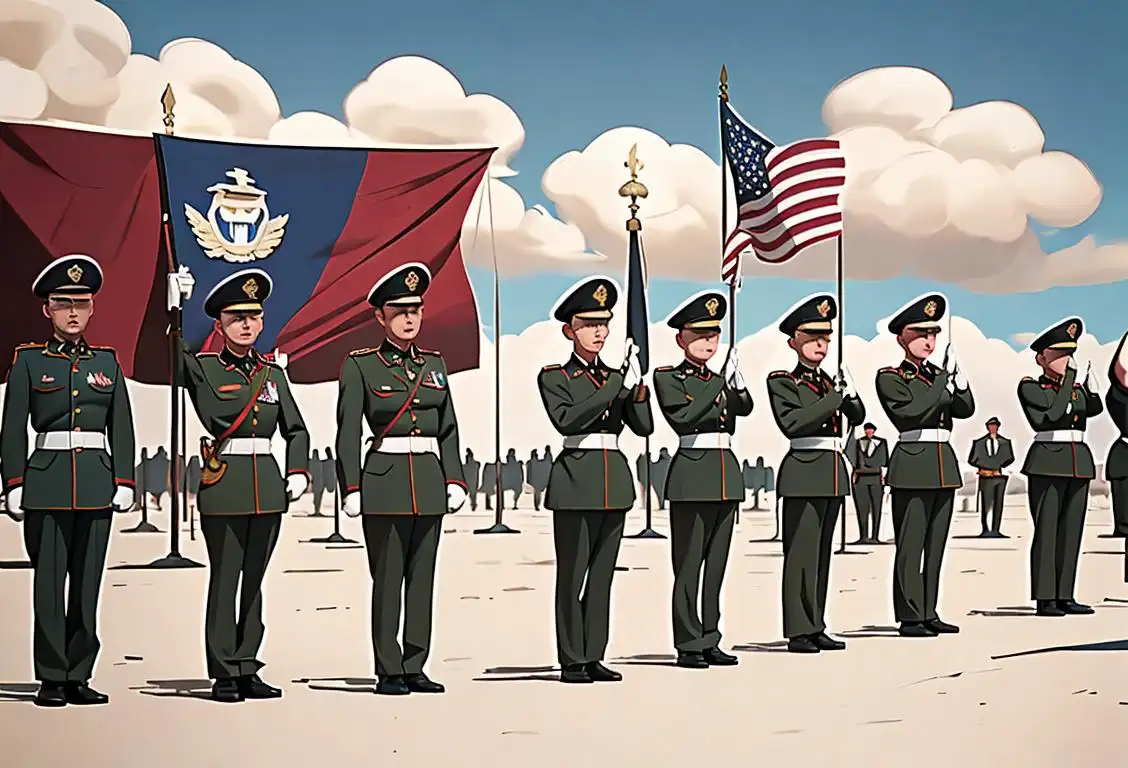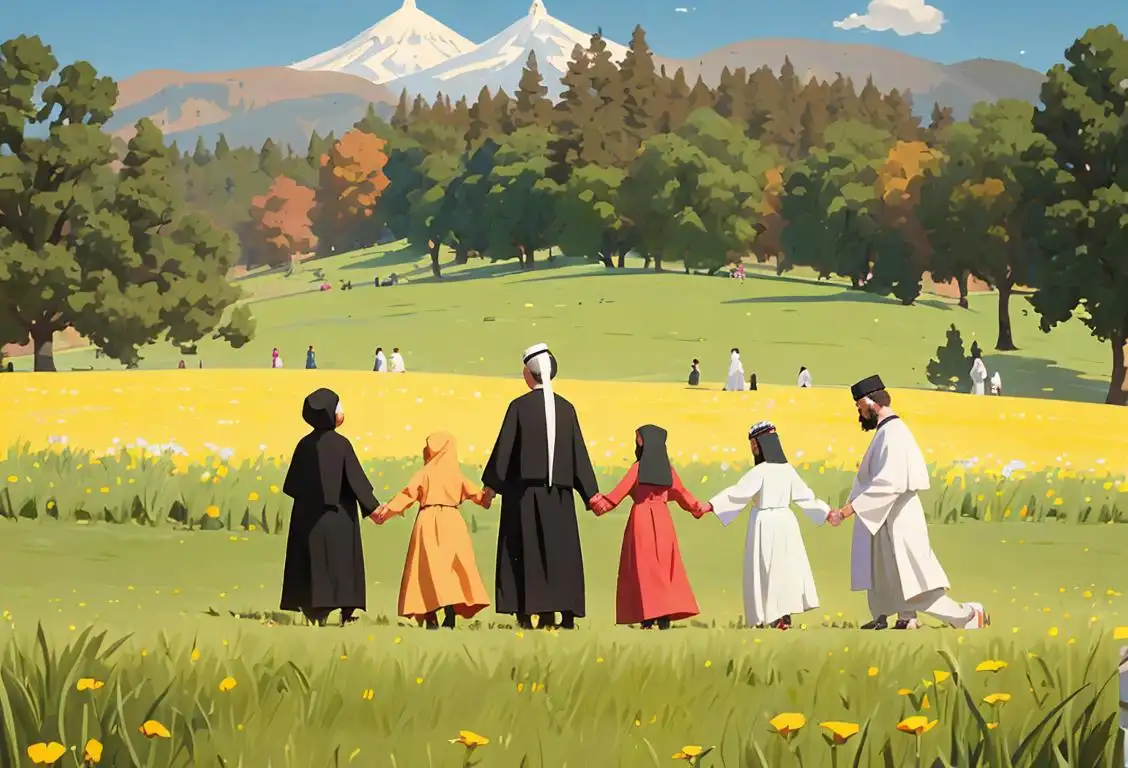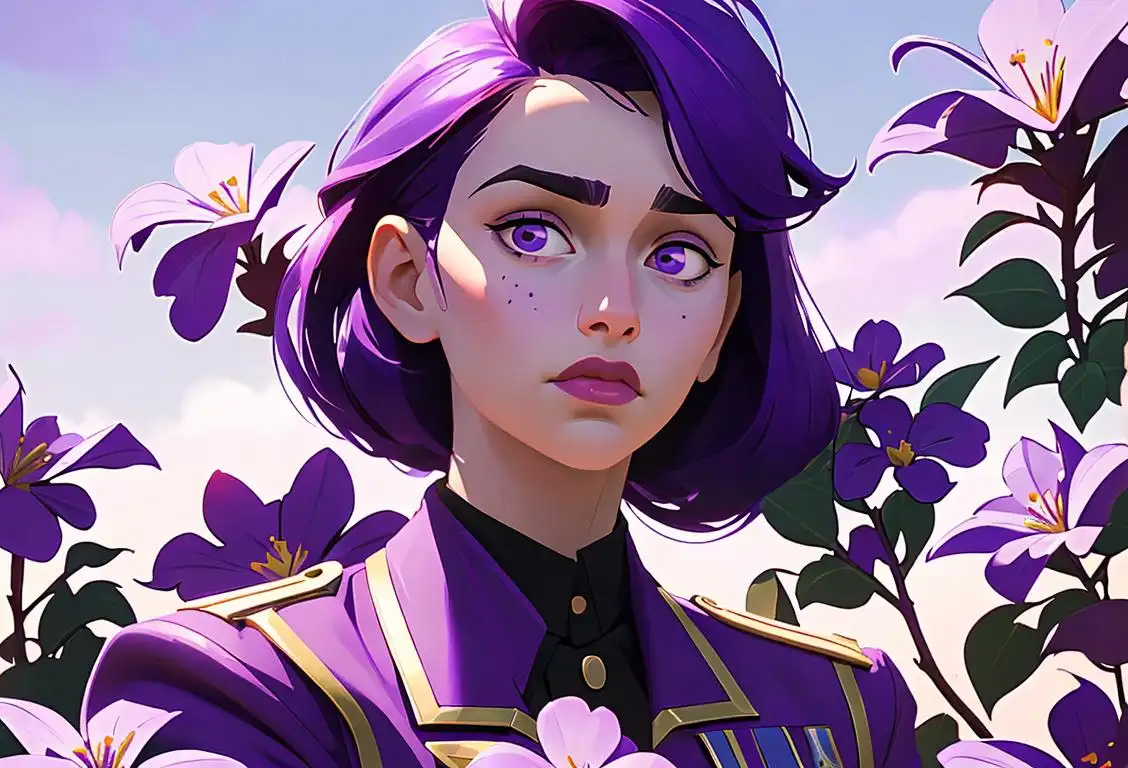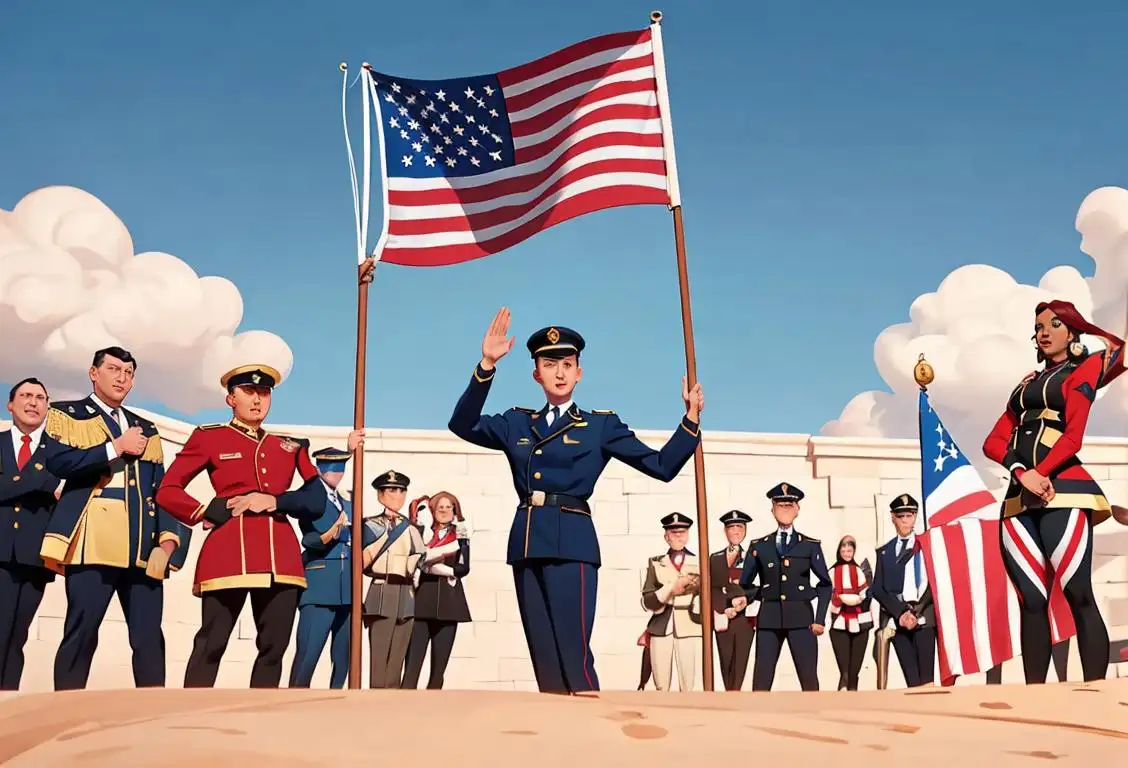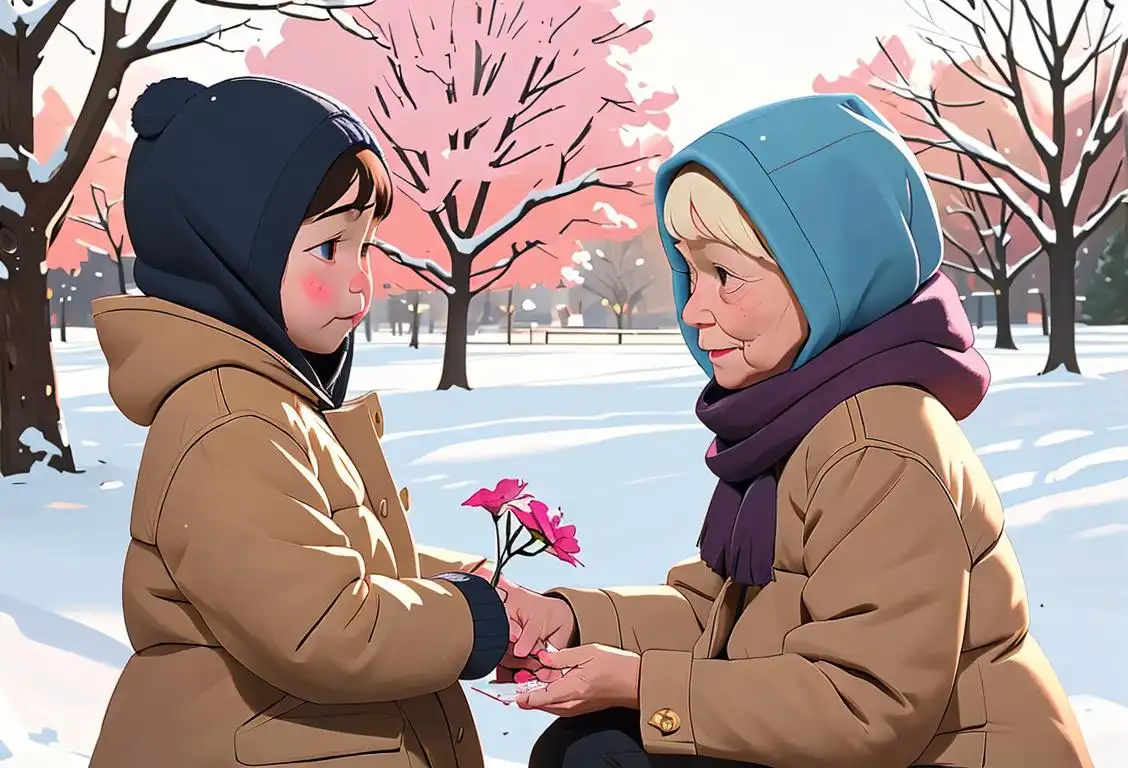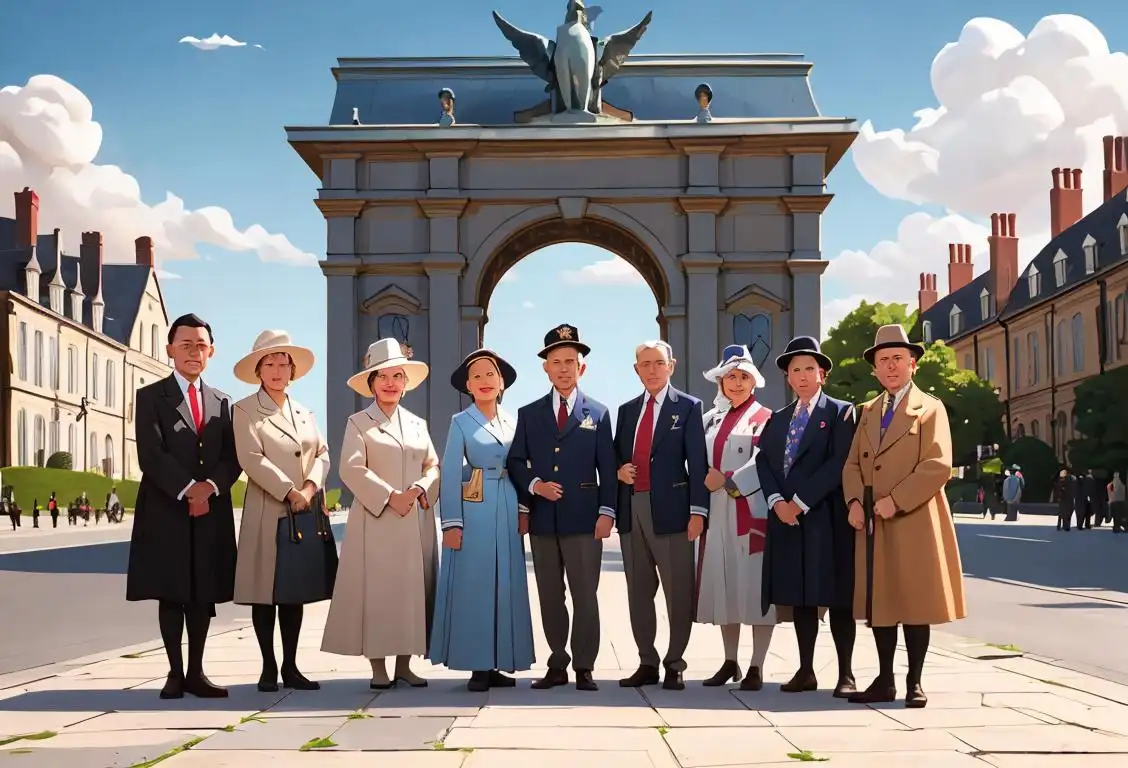National Liberation Day

1, 2, 3, liberate! The internet becomes a cacophony of jubilant noise every 15th of August as netizens across the world celebrate National Liberation Day. No, no, it's not about liberating your goldfish from its bowl, or liberating that lost sock from behind the dryer. It's something much more heartfelt and grand.
When is Liberation Day?
It's national liberation day on the 15th August.
Feeling the Freedom
Each year, our friendly World Wide Web detects a plentiful 50328 mentions of National Liberation Day, and these liberation-themed interactions reached their peak on the ever memorable 15th of August, 2019. There was something in the air that day, folks, something that smelt a lot like freedom
Historical Shackles Broken
Now, you might be asking, what makes this day so special? Well, it's all about the celebration of freedom from oppressive colonial rule, particularly in nations like Korea and India, where it marks their liberation from Japanese and British Imperialism. It's a big deal, and not just because it's an excuse to munch on celebratory snacks.
A Grand Celebration
Online, people share posts about history, fireworks, parades, and picnics. There are Google Doodle artworks, touching liberation stories, regional cuisine snaps sprinkled on Instagram, and of course, a tsunami of Tweets. Yes, even the introverts break out their virtual party hats on this day!
Figures of Freedom
And let's not forget how the day honors great figures who fought for freedom, like Mahatma Gandhi and countless unknown heroes through heartfelt tributes and poignant posts. These posts remind us that liberation didn’t come easy, and it's something to treasure, celebrate, and well, post about online.
History behind the term 'Liberation'
1945
End of World War II
The term 'liberation' gained widespread recognition after the end of World War II in 1945. This global conflict, which lasted from 1939 to 1945, involved a large number of countries and resulted in the deaths of millions of people. The victory of the Allied powers over the Axis powers marked a significant turning point in history. The liberation of occupied territories and the defeat of the Nazi regime became powerful symbols of freedom and emancipation.
1947
Independence of India and Pakistan
In 1947, the term 'liberation' gained further prominence with the independence of India and the subsequent creation of Pakistan. These nations had been under British colonial rule for decades, and their liberation marked a monumental achievement in the struggle for self-determination. The event inspired other colonies around the world in their fight against colonial powers and sparked the decolonization movement.
1959
Cuban Revolution
The Cuban Revolution, led by Fidel Castro, which took place from 1953 to 1959, played a significant role in popularizing the term 'liberation.' The revolution aimed to overthrow the authoritarian government of Fulgencio Batista and establish a socialist state. The successful revolution became an inspiration for many leftist movements, especially in Latin America, and led to the establishment of a socialist government in Cuba.
1960s
Civil Rights Movement
During the 1960s, the term 'liberation' gained immense significance in the context of the Civil Rights Movement in the United States. African Americans and their allies fought against racial discrimination and segregation, demanding equal rights and freedoms. The historical events and movements associated with this struggle, such as the Montgomery Bus Boycott, the March on Washington, and the Civil Rights Act of 1964, marked a pivotal moment in the fight for liberation and equality.
1970s
Women's Liberation Movement
The 1970s witnessed the rise of the Women's Liberation Movement, also known as the feminist movement. This social and political campaign aimed to address and challenge gender inequalities and advocate for gender liberation. The movement focused on various issues, including reproductive rights, equal pay, and domestic violence. The term 'liberation' became synonymous with the fight for women's rights and empowerment.
Did you know?
Did you know that during National Liberation Day in 2019, there was an internet-busting increase of 50% in the sale of historical documentaries and biographies? Yes, folks, it seems liberation is not only inspiring, it’s also educational!Tagged
awareness fun rememberance history heroes liberation worldwide_celebrationsFirst identified
29th April 2015Most mentioned on
15th August 2019Total mentions
50328Other days
Liberation Day
Armed Forces Day
Religious Freedom Day
Purple Heart Day
Flag Of Canada Day
Hereos Day
Heroes Day
Random Acts Of Kindness Day
Memorial Day
Commemorative Day
